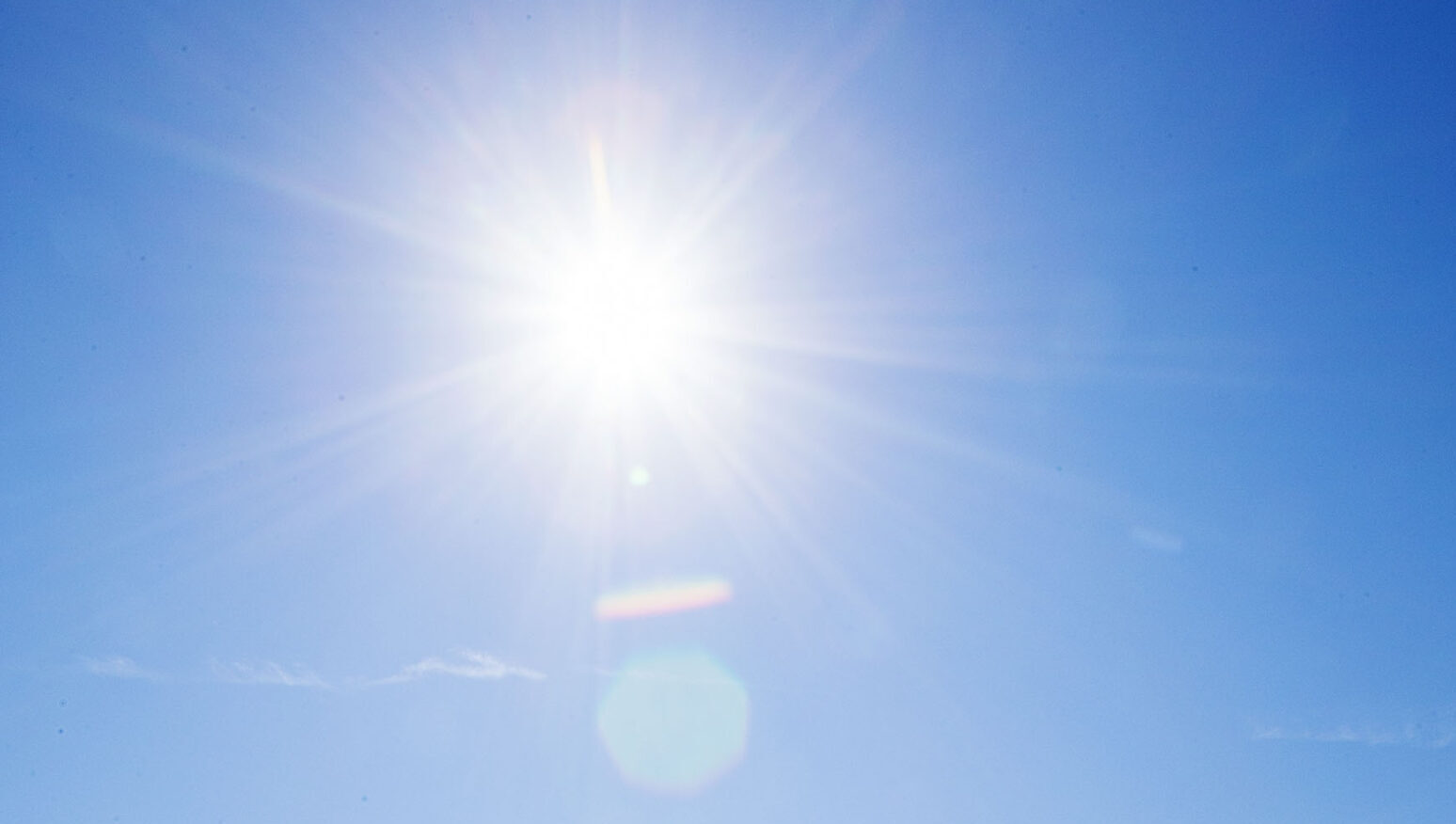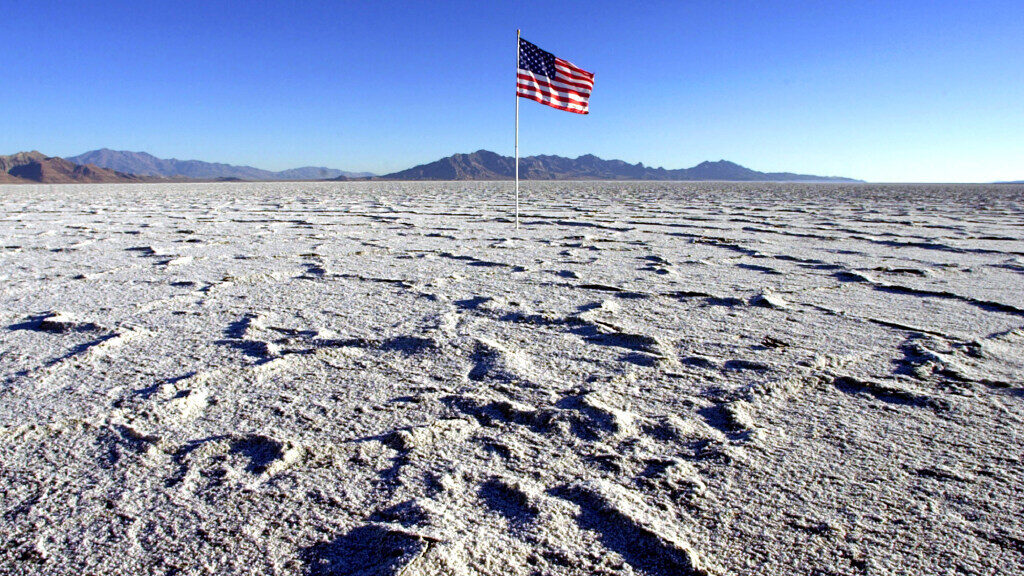Earth hit its hottest day on record Monday, expert weighs in
Jul 5, 2023, 8:08 PM | Updated: 8:10 pm

Earth recorded its hottest day on record on Monday with a global average temperature of 62 degrees. Scott G. Winterton/Deseret News.
SALT LAKE CITY — Earth had its hottest day on record earlier this week. On Monday, the planet hit a global average temperature of 62 degrees. One expert says there is reasons to be concerned.
Jon Meyer, assistant state climatologist with the Utah Climate Center tells KSL NewsRadio this is a problem for the entire planet. However, there are also local impacts.
“For the drought considerations, we’re definitely going to be watching the evaporative demand that we see across the landscape,” he said. “And how that changes our soil moisture, which is really well built up right now after our great winter.”
He says the positive impacts of the record-breaking winter the state experienced can disappear in a short amount of time.
“But a couple of weeks of very hot, windy, sunny conditions can lead to flash droughts,” he said. “Where we get droughts that onset and expand quickly and intensify quickly. So, we’ll be keeping an eye on that just to see how our state’s soil moisture changes.”
From a health point of view, Meyer says areas with more population could also be impacted.
“Urban heat effects have health implications for our more metropolitan areas,” he said. “Salt Lake City being an area where urban heat can add stress to sensitive populations that don’t have air conditioning or access to cool air throughout the day.”
With new growth, Meyer says a hot and dry summer could dry out the new growth providing fuel for more intense fires.
Global implications of the hottest day
“We also have ecosystem implications where natural ecosystems struggle in these type of incredibly hot conditions,” Meyer said.
In June 2022, Meyer said the Pacific Northwest was reaching all-time highs of 110 to 120 degrees.
“So now that, British Columbia has a hotter daytime record than Las Vegas, which is amazing to think about that,” he said.
He says those ecosystems are not used to that type of heat.
“So just a couple of days of exposure to extreme heat waves like that,” Meyer said. “Can have profound implications to vegetation and species that aren’t accustomed to it.”
While Utah reached the 100-degree mark on Monday, it won’t reach the hottest day of the year until late July, according to Meyer.
Jeff Caplan’s Afternoon News can be heard on weekdays from 3 to 7 p.m.
Read more:













